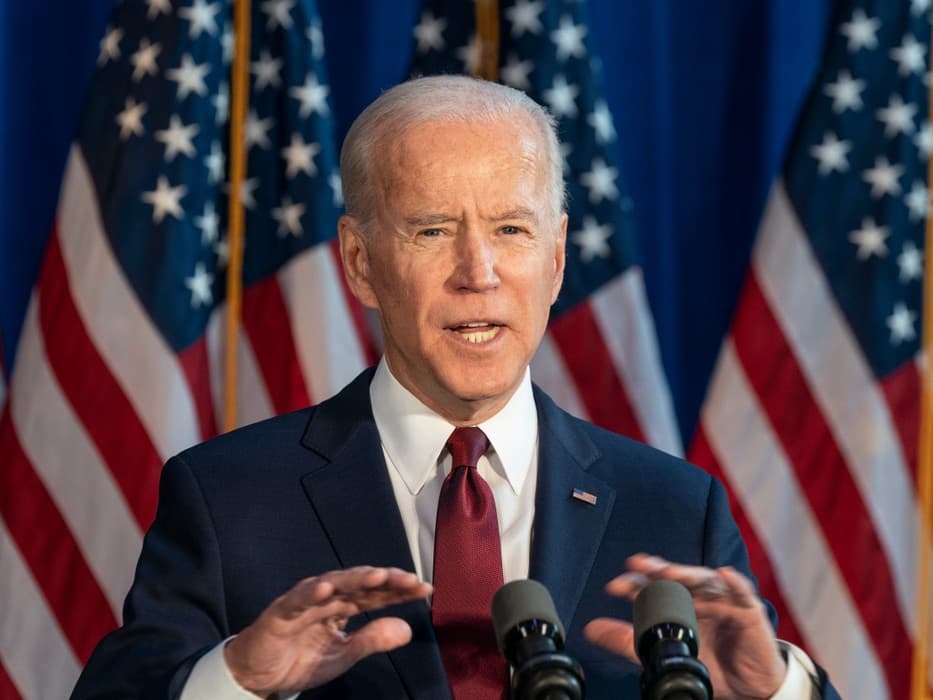
The Biden administration is planning to eliminate subsidies for the oil and gas industry in its next budget, Reuters has reported, citing a White House document.
The report notes that the suggestion to remove government incentives for the oil and gas industry does not exactly stand a great chance of succeeding in Congress given Republican’s weight after the latest midterms.
Yet the stipulation will be very much in character for this administration, which has targeted the oil and gas industry for being an oil and gas industry, then for not producing enough oil, and most recently for booking record profits on last year’s price surge and not investing these in more production.
According to Reuters, annual subsidies for the industry, in the form of tax breaks, amount to between $10 and $50 billion. Besides the administration, these subsidies have been a favorite topic for environmentalist activists, who have called repeatedly for an end to government support for the oil and gas industry, not just in the U.S. but in Europe as well.
In 2021, the International Monetary Fund reported that the global fossil fuel industry received subsidies worth a total $5.9 trillion. Most of these were implicit with only a small portion of the massive total taking the form of explicit subsidies, Yale Environment 360 noted in a report on the news.
Tax breaks—what appears to be the most common form of government support for oil and gas in the U.S.—were also common as implicit subsidies globally, too. Yet a lot bigger part of the $5.9 trillion calculated by the IMF was in the form of what Yale Environment called health and environmental damages that were not priced into the cost of oil, gas, and coal.
President Biden vowed to put an end to fossil fuel subsidies before he took office, in line with his focus on the energy transition. He also vowed to end oil and gas drilling on federal lands and, for a while, fulfilled that promise. Yet the president does not have the powers to put an end to tax breaks for the oil and gas industry single-handedly. For that, he needs Congress. And Congress may not be on board with the idea.